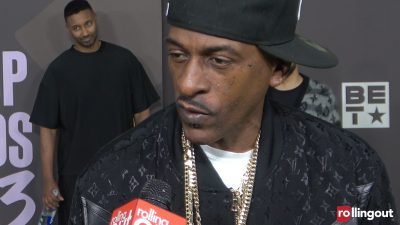Aleta Young is Fifth Third Bank’s vice president and community economic development manager for the Georgia and Tennessee region. Young collaborates with community and business leaders to strengthen the community’s future through inclusive lending, investments, education, and services.
She is also on the board of Affordable Housing Resource Inc. of Nashville and serves on the board of Why We Can’t Wait in Nashville Tennessee.
How would you describe your function in the company?
As vice president and community economic development manager for the state of Georgia and the state of Tennessee for Fifth Third Bank I’m honored and privileged to serve on our corporate responsibility team. My purpose is definitely to empower underserved individuals, families and communities. I do that through the delivery and the responsibility of innovative financial solutions, lending to financially healthy people and creating sustainable communities.
So, as an economic development officer, I’m very active in both the regions of Georgia and Tennessee. I collaborate with … local community partners as well as business leaders to develop comprehensive and holistic solutions that address the community’s needs and their most important needs.
Fifth Third Bank has the Empowering Black Futures Neighborhood Program. Can you share some insight on how individuals can participate?
This was a development through Fifth Third Bank, along with our Fifth Third Foundation and Enterprise Community Partners who happen to be right there on the ground in Georgia. It’s a $180 million commitment and it’s to support revitalization in a majority of Black communities, actually about nine communities across our footprint.
What we’re doing is investing $20 million in combined support in a couple of areas. We’re looking at lending, investments, and also philanthropy support from the foundation. So, this is a combination of actual capital products, services that will be invested, as well as small business access to capital. We know that is key in our Black communities for growth mortgages so that we can keep our homeowners and residency legacy [individuals] in their homes.
Then our philanthropy efforts will make sure that the neighborhood continues to have that revitalization that it needs. As it relates to loans and programs, how can everybody get involved? We’re really hoping that we will be one of many countless organizations who will join this [campiagn] in our Black neighborhoods that will get on board, because we understand as an organization that $20 million is not going to solve every issue in all of the Black neighborhoods that we’re targeting. We also know that it’s an eye-opener for other organizations, as well as corporations to get on board and really get involved and do great work. So, no matter where you are, and what you’re doing right now, in your line of work, you can get involved in the work that we’re doing in the neighborhood.

















